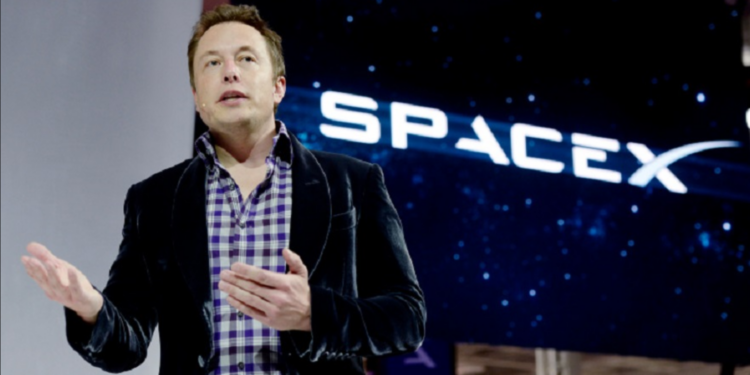Elon Musk’s SpaceX has struck a $17 billion agreement with EchoStar Corp. for spectrum licenses, marking a significant move to expand its Starlink satellite network and accelerate plans for direct-to-device connectivity.
According to the announcement made by the company, the deal covers EchoStar’s AWS-4 and H-block spectrum licenses, with terms split evenly between cash and equity.
SpaceX will pay up to $8.5 billion in cash and issue as much as $8.5 billion in stock.
As part of the arrangement, SpaceX has also committed to making about $2 billion in cash interest payments on EchoStar’s debt through November 2027.
“For the past decade, we’ve acquired spectrum and facilitated worldwide 5G spectrum standards and devices, all with the foresight that direct-to-cell connectivity via satellite would change the way the world communicates,” said Hamid Akhavan, president & CEO, EchoStar, in a statement.
“This transaction with SpaceX continues our legacy of putting the customer first as it allows for the combination of AWS-4 and H-block spectrum from EchoStar with the rocket launch and satellite capabilities from SpaceX to realize the direct-to-cell vision in a more innovative, economical and faster way for consumers worldwide,” he added.
The agreement gives Musk’s rocket and satellite operator control of critical spectrum that will underpin Starlink’s next-generation “Direct to Cell” service, which aims to deliver internet connectivity to mobile devices without relying on traditional cellular towers. Under a parallel long-term commercial deal, EchoStar’s Boost Mobile subscribers will be among the first to access the new Starlink service.
News of the agreement sent EchoStar shares surging more than 23% in premarket trading on Monday.
More insights
The acquisition shows SpaceX’s ambitions to dominate satellite-powered communications, particularly as competition intensifies to bridge gaps in global connectivity. Starlink, which already operates thousands of low-Earth orbit satellites, has rapidly grown to serve both households and governments, positioning itself as a key player in rural and hard-to-reach markets.
By securing new spectrum licenses, SpaceX can broaden Starlink’s coverage and capacity, opening the door to mass-market mobile offerings. Analysts say the deal could accelerate efforts to integrate satellite and terrestrial networks, an area of growing interest to U.S. regulators and telecom carriers.
Backstory
For EchoStar, the deal represents a strategic pivot. The company, controlled by billionaire Charlie Ergen, has been under pressure to monetize its spectrum holdings while managing debt tied to Dish Network’s operations.
- In a statement, EchoStar said it expects proceeds from the SpaceX agreement, alongside a pending transaction with AT&T Inc., to improve its balance sheet.
- Last month, AT&T announced it would spend $23 billion to acquire spectrum licenses from EchoStar in a bid to strengthen its low- and mid-band 5G coverage. Together, the two deals could ease scrutiny from the Federal Communications Commission, which has raised concerns over the pace of 5G deployment in the U.S.
- EchoStar confirmed that existing businesses, including Dish TV, Sling, and Hughes Network Systems, will remain unaffected by the transactions.
The FCC has closely monitored spectrum consolidation and deployment strategies across the telecom sector. By divesting to both AT&T and SpaceX, EchoStar may satisfy regulators while also fueling two divergent but strategically important paths: terrestrial 5G expansion and satellite-enabled mobile broadband.
















